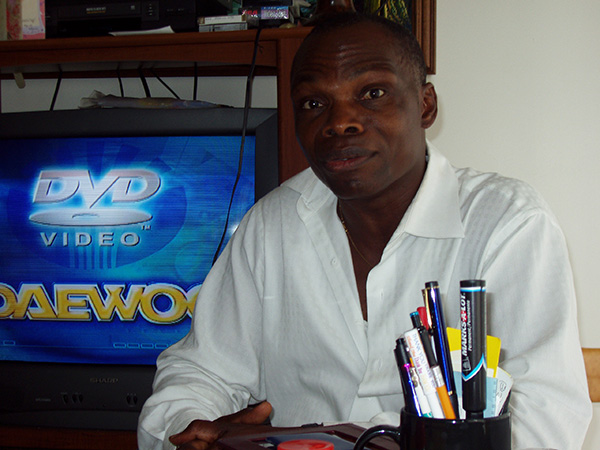Anthony Cole is known in Chicagoland as a real estate broker. His other aspects of life as an educationist and accountant are not known to many until recently when he emerged as District 144 school’s...
You are not authorized to read this page without a username and password. It is time to register and subscribe to have unlimited access to everything The Chicago Inquirer has to offer. You can do a monthly, quarterly, six months or yearly subscription.
SUBSCRIBE NOW!!!
and enjoys unlimited access to news, analysis, archives, sports, culture, interviews, and many more.
Not a member? Subscribe or login below:



